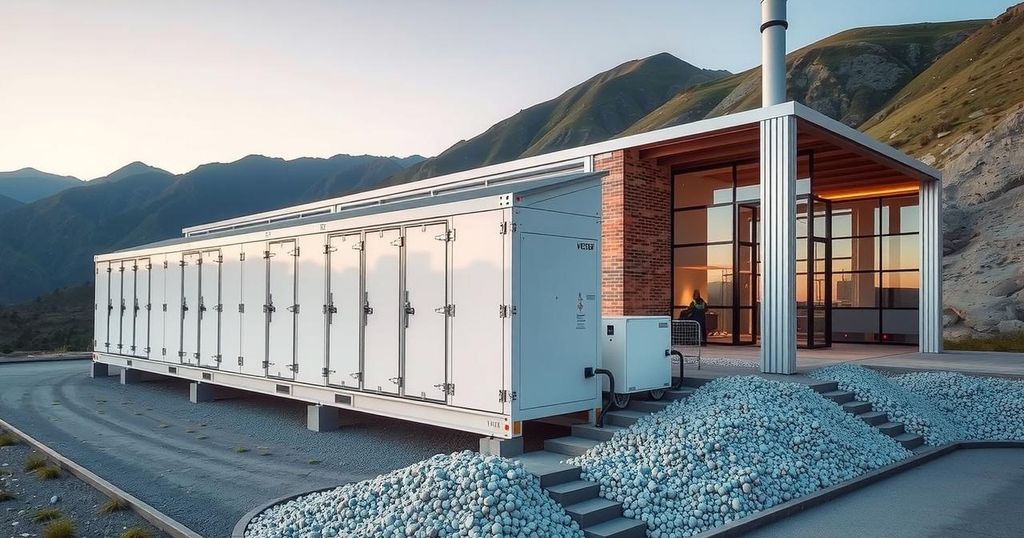Chile is advancing with two key projects: a US$225 million energy storage system and a US$15 million biogas-fertilizer facility, both pending environmental approvals. These projects are pivotal for enhancing renewable energy use and agricultural productivity in the region, reflecting Chile’s commitment to sustainability.
Two significant projects in Chile seek environmental approval, namely a US$225 million energy storage system and a US$15 million biogas-fertilizer plant. Approval for these initiatives is crucial to advance the projects, which are anticipated to enhance energy sustainability and agricultural productivity in the region. These ventures reflect the ongoing commitment to renewable energy and sustainable agricultural practices in Chile, potentially serving as a model for similar projects across Latin America.
The need for sustainable energy solutions has become increasingly urgent in the wake of climate change concerns and rising energy demands. Chile has been at the forefront of renewable energy initiatives, actively investing in projects that promote environmental sustainability. The proposed energy storage system aims to optimize renewable energy use, while the biogas-fertilizer plant seeks to transform agricultural waste into valuable resources. These projects are part of a wider trend in Latin America to harness local resources for broader economic and environmental benefits.
In conclusion, the proposed US$225 million energy storage and US$15 million biogas-fertilizer facility in Chile exemplify vital steps towards sustainable energy and agricultural practices. The successful implementation of these projects could significantly contribute to energy efficiency and agricultural enhancement within the region. Gaining the necessary environmental approvals will be crucial for these initiatives to proceed and create lasting impacts.
Original Source: www.bnamericas.com






